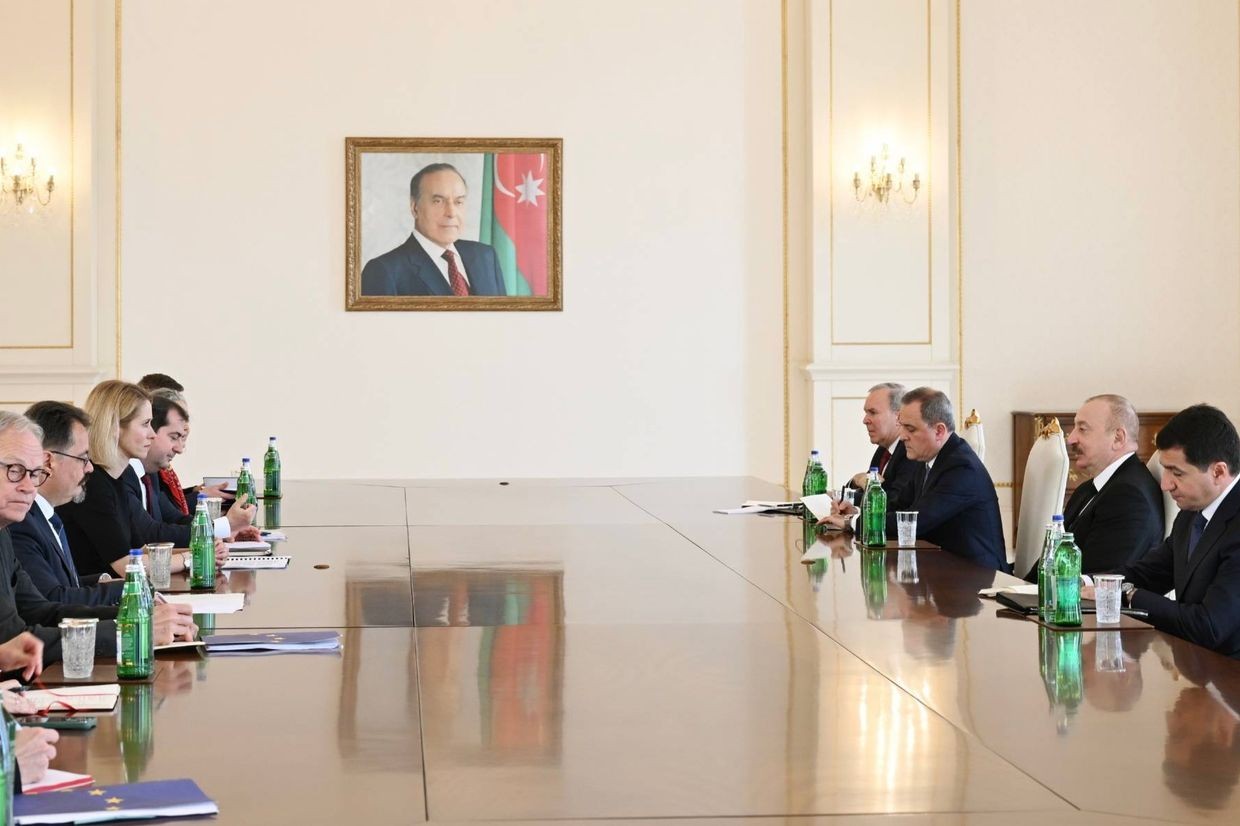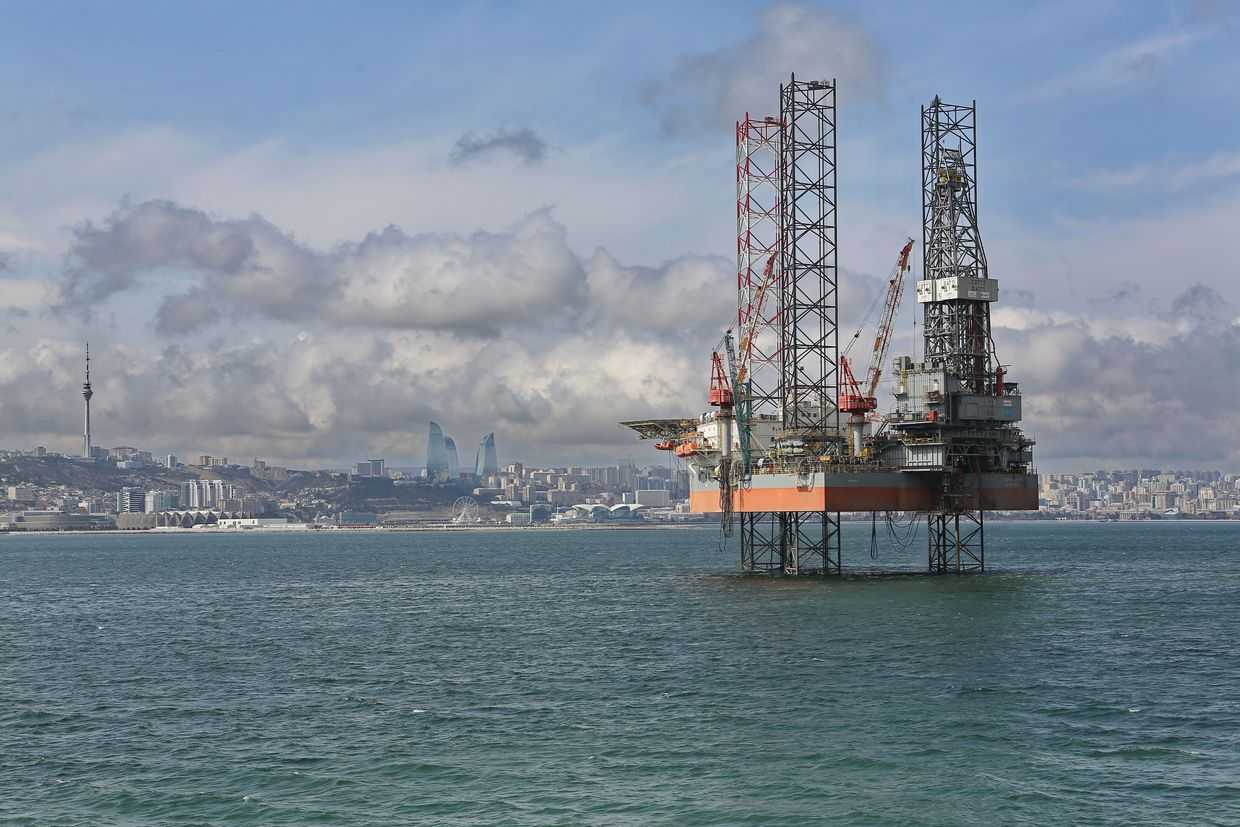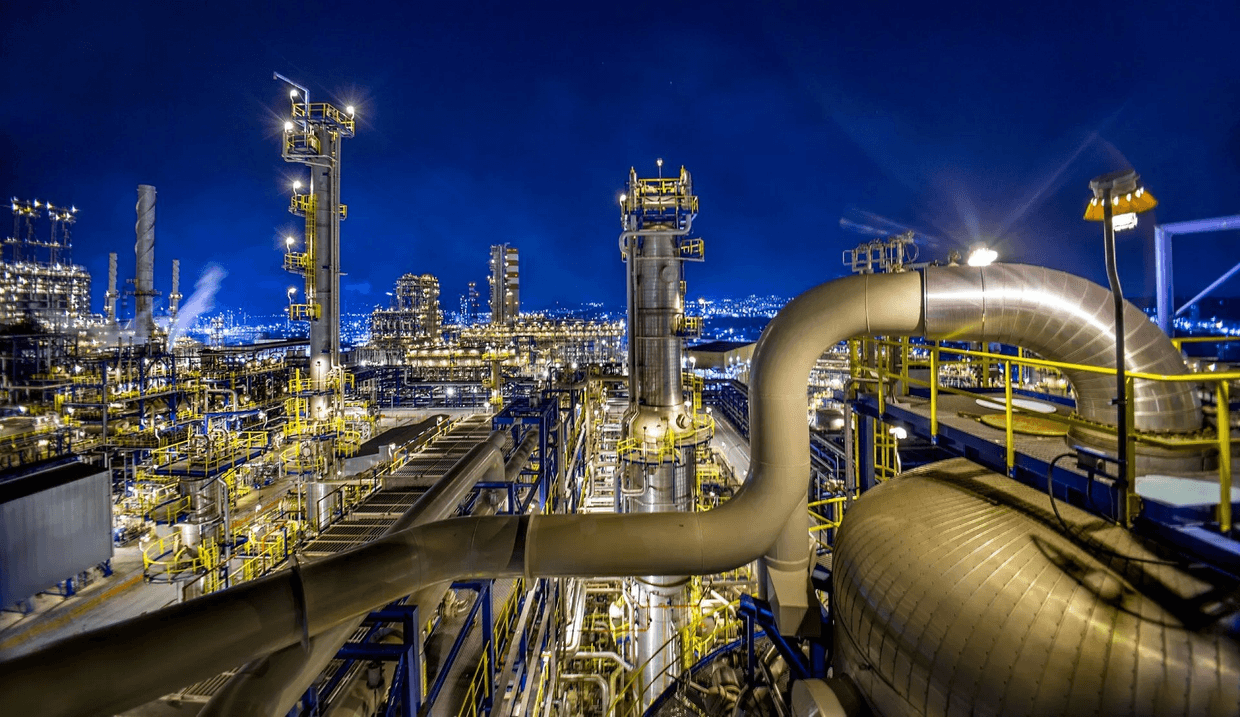
On Friday, the EU’s top diplomat Kaja Kallas met with Azerbaijani President Ilham Aliyev. During the controversial visit, which was criticised by a variety of politicians in Armenia and the EU, the two discussed EU–Azerbaijan relations and the role of Azerbaijan in Europe’s energy security.
According to Aliyev’s press office, during the meeting, Kallas highlighted that the EU highly valued its relations with Azerbaijan, and was interested in further developing these regions.
In particular, Kallas reportedly emphasised the ‘very successful and efficient cooperation’ between the EU and Azerbaijan in regards to energy, noting that Azerbaijan ‘acts as a reliable partner in ensuring Europe’s energy security’.
In turn, Aliyev stated that Azerbaijan already supplies gas to 10 European countries, including eight EU members, focusing on the ‘successful and fruitful dialogue’ between Azerbaijan and the EU within the framework of the Southern Gas Corridor Advisory Council.
Aliyev also raised the possibility of further cooperation in the field of renewable energy, noting the ‘rich wind energy resources’ located in the Caspian Sea, as well as the role Azerbaijan has played in the development of the Trans-Caspian renewable energy corridor with Central Asia and the implementation of projects in the Black Sea, along with Georgia, Romania, Hungary, and Bulgaria.
In addition to speaking on energy security, Aliyev’s press office noted that the two also discussed ensuring peace and stability in the South Caucasus.
Following her meeting with Aliyev, Kallas also met with Azerbaijani Foreign Minister Jeyhun Bayramov, after which the pair gave a joint press briefing.
According to Azerbaijani state-run news agency Azertag, Bayramov told journalists that Azerbaijan was interested in further expanding cooperation with the EU in clearing regional landmines.
‘Nearly 400 people have been killed in landmine explosions since November 2020. This is a serious threat not only to us, but to the entire region’, Bayramov said.
In response, Kallas stated that the EU was contributing to the landmine clearance process in Azerbaijan, and would ‘continue its efforts to eliminate the traces of the conflict in the country’.
Bayramov also claimed that ‘Armenia’s rapid armament’ remains a ‘source of danger for the region’.
In particular, he noted the burning of Azerbaijani and Turkish flags in Yerevan as part of the Armenian Genocide commemorative procession organised by the Armenian Revolutionary Federation (ARF) party, as well as a separate incident in Paris also related to genocide commemoration.
‘Our expectation is that the authorities and relevant structures of those countries will consider such provocative actions as criminal acts and take serious measures to prevent them’, Bayramov said.
Armenian Prime Minister Nikol Pashinyan has previously condemned the practice of flag-burning, considering it ‘irresponsible and unacceptable’, and calling it ‘a provocative and inciting practice’.
Finally, Bayramov reportedly again reiterated Azerbaijan’s preconditions to signing the peace treaty — amending the Armenian Constitution and dissolving the OSCE Minsk Group — while discussing the latest developments in normalising relations with Armenia.
In response, Kallas stated that ‘As the EU, we express our support for the efforts made to strengthen relations between the two countries and make the peace agreement sustainable and lasting. I welcome the agreement on the text of the peace agreement and hope that the next steps will be more productive’.
Kallas also emphasised the importance of Azerbaijan as a regional partner, stating that the EU had ‘certain expectations in terms of strengthening our relations’.
‘Our relations are developing as a two-way street. The EU is Azerbaijan’s largest trading partner. We highly appreciate the work being done to eliminate the traces of the conflict and save lives’, she said.
Ahead of her visit to Baku, a number of European politicians criticised Kallas, noting the context the meeting would be held in, especially given its timing immediately after the 110th Anniversary of the Armenian Genocide.
On Wednesday, Cypriot MEP Loucas Fourlas highlighted that the visit by Kallas ‘comes amid Azerbaijan’s continued cross-border violence, the illegal detention of Armenian civilians, and open threats against the EU Mission in [Armenia]’.
Similarly, Spanish MP Francesc-Marc Álvaro noted that, set against this context, the visit could ‘damage relations between the EU and Armenia, a key partner with a strong commitment to peace’.
‘Armenia chooses democracy, adopted [the EU-accession] law, faces threats — yet the [EU] foreign policy chief visits autocratic Azerbaijan instead. Why reward the aggressor and ignore the reformer?’, Greek MEP Emmanouil Fragkos asked.
In turn, former German MP Michael Roth questioned if ‘gas is more important to use than [pro-EU] commitment?’, as well as the ‘strategic thinking’ in Brussels.











